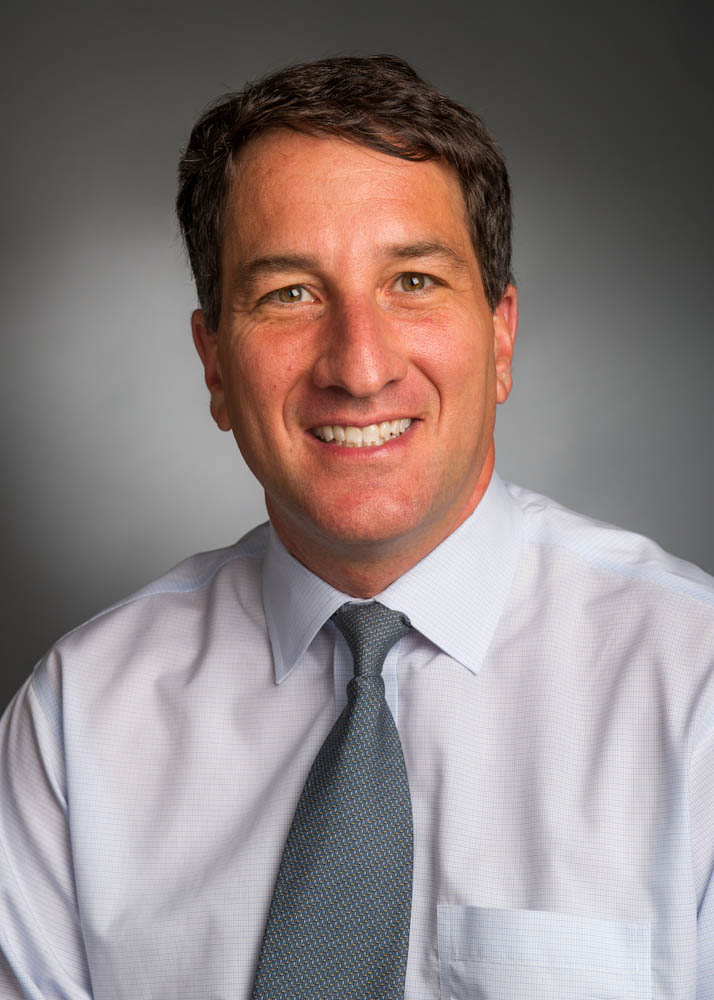Colorectal cancer is the fourth most common cancer in the U.S., with about 143,000 new patients diagnosed last year. But thanks to increased awareness about screenings, the death rate from colorectal cancer has been dropping for more than 20 years.

“For the most part, colorectal cancer is a curable and preventable disease,” says Jeffrey Meyerhardt, MD, MPH, clinical director of the Dana-Farber Gastrointestinal Cancer Treatment Center. “We have very good data that shows screening prevents disease and saves lives.”
With March marking Colorectal Cancer Awareness Month, here are the answers to some key questions about the disease:
1. What are the risk factors for colorectal cancer?
Age and gender can increase the chance of developing colorectal cancer. Other risk factors include:
- A family history of colon or rectal cancer
- A personal history of cancer in the colon, rectum, ovary, endometrium, or breast
- A history of polyps (small pieces of bulging tissue) in the colon or rectum
- A history of ulcerative colitis or Crohn’s disease
- Certain hereditary conditions, such as familial adenomatous polyposis and hereditary nonpolyposis colon cancer.
- Obesity
- Sedentary lifestyle
- Certain dietary factors, including high intake of red and processed meat
2. How do doctors screen for colorectal cancer?
Aside from a physical exam to check general signs of health, other screening options include a fecal occult blood test, a double contrast barium enema (lower GI series), a sigmoidoscopy, a colonoscopy or a virtual colonoscopy (colonography or CT colonography).
3. How often should you be screened?
Risk factors and health history will determine how often you should be screened for colorectal cancer and at what age you should start screening. For most patients, screening is recommended to start at age 50. However, if you have a family history or other risk factors for colorectal cancer, you should discuss with your doctor whether you should start screening earlier.
The frequency of the screening will depend on which test was used to screen, what was found, and your risk factors for colorectal cancer. It is important to know that these screening guidelines refer to patients with no concerning signs or symptoms. If you are having blood in your stool, for example, you should consult with your doctor.
4. What are the symptoms?
One of the most common signs of colorectal cancer includes a change in bowel habits or blood in the stool. Others include:
- Diarrhea, constipation, or feeling that the bowel does not empty completely
- Stools that are narrower than usual
- Frequent gas pains, bloating, fullness, or cramps
- Weight loss for no known reason
- Persistent tiredness
- Vomiting
5. How is colorectal cancer treated?
Surgery to remove the cancer is the most common treatment for all stages of colorectal cancer. There are several different types of surgery that can be performed depending on the cancer stage and location. If surgery is not sufficient, a doctor may also decide to use chemotherapy and/or radiation therapy.
There are also several targeted therapy options for colorectal cancer, including treatment with monoclonal antibodies.
Patients may also want to consider enrolling in a clinical trial for colorectal cancer. Dana-Farber currently has several trials open for colorectal patients and the National Cancer Institute maintains a list of clinical trials at clinicaltrials.gov.

I wish you had included even a small amount of information about colin cancer not being exclusuve to those 50 and up. In fact, though rates are decreasing for those 59 and up, incidence and death due to colon cancer are rising in those of younger ages. Never mentioning colon cancer other than to talk about those middle aged and beyond takes it out of possibilities considered by those who experience symptoms but are younger than that, especially those much younger. It also makes PCPs and GI specialists not refer or refuse to perform colonoscopies. Since their cancers are often more agressive, they are often diagnosed too late for treatment to work. My son was in this exact situation. His colon cancer was simply not found early enough. Due to lack of education and ignorance. He was only 33 with no family history and no known risk factors. He was a really good and smart guy and deserved to live the rest of his life.
Dear Laura –
I am very sorry to hear about your son. You make a very good point about colon cancer in younger populations, and it is important for people to understand that the disease is not restricted to people age 50 and older. While there are certain groups of people that should be screened routinely, anyone with any concerning symptoms, such as blood in the stool or other symptoms, should consult his/her doctor even if there is no family history of the disease. Colon cancer takes too many precious lives and you’re right in pointing out that it’s a disease that everyone — patients, primary care physicians, and GIs — need to be very aware of.
Thank you for helping to raise awareness – we wish you all the best.
Having just recently read the book “Eat to Live” and seen the movie “Forks Over Knives”, I’m curious as to your thoughts about a whole food plant based diet in relation to the prevention of colorectal cancer. I’m seriously considering the leap to that type of diet if the hype is to be believed.
Dear Steve —
Thank you for your comment and for visiting our Insight blog.
Reducing meat intake is important for cancer prevention and survivorship, which Jeffery Meyerhardt, MD, mentions in this recent post about colorectal cancer. Dana-Farber nutritionist Stacy Kennedy, MPH, RD, also encourages a plant-based diet, as described in this video.
I hope this is helpful and wish you all the best.